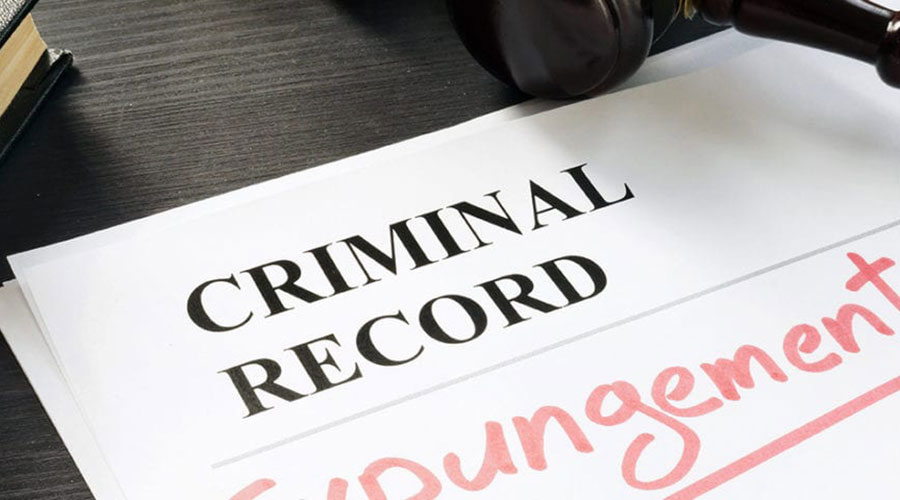There has been a new bill that passed Minnesota’s House of Representatives that aims to help make expungements easier for those with criminal records – it is called the Clean Slate Act. Representative Jamie Long drafted the bill with the premise of allowing the population of Minnesotans with a criminal background, approximately 25 percent of residents, an “opportunity for redemption.”
Generally speaking, an expungement is the sealing of a criminal record of an individual who has been negatively impacted by their criminal background in employment (as 90 percent of employers conduct background checks), housing, and/or education, so they are no longer inhibited by their past. Without this bill, people are eligible for expungements approximately:
- 5 years after discharge from probation for a felony conviction (if it is an expungement eligible felony pursuant to Minnesota Statute § 609A.02, subd. 5);
- 4 years after discharge from probation for a gross misdemeanor conviction;
- 2 years after discharge from probation for a misdemeanor or petty misdemeanor conviction;
- 1 year after completion of a stay of adjudication or diversion program;
- Immediately upon a dismissal or completion of a continuance for dismissal; and
- Never if convicted of a crime that involves registration as a sexual or predatory offender.
In the traditional route for an expungement, when the above dates approach, several documents need to be filed. This includes a petition, affidavit, copy of the petitioner’s Bureau of Criminal Apprehension (BCA) record, driving record, and other records, as well. These records need to be filed with the relevant county district court and shared with the relevant agencies who hold criminal records 60 days prior to the consideration of the request. This process requires a formal Court hearing in front of a judge with a final determination made by that judge, and can take months to complete.
The Clean Slate Act, a 14-page bill, would partner with the BCA to grant individuals automatic expungements for certain minor offenses after a specified numbers of years, as described in the bulleted points. These eligible “minor offenses” would not include assault, domestic assault, traffic or parking violations, DWIs, or burglary. For the eligible offenses, ranging from petty misdemeanors to gross misdemeanors, the bill would allow a “clean slate” without the Minnesotan having to pay extra money for an attorney and/or to file the petition for an expungement.
Although this bill would provide a lot of Minnesotans a second chance at a clean slate, the bill has yet to pass fully and become law in the State of Minnesota. As of April of 2022, this act has advanced in Congress from the House and now awaits Senate approval.
After all this information, if you still are unsure if you are eligible for an expungement of your criminal record or want to pursue an expungement of your criminal record, please feel free to give Brandt Kettwick Defense a call at 763-421-6366.


